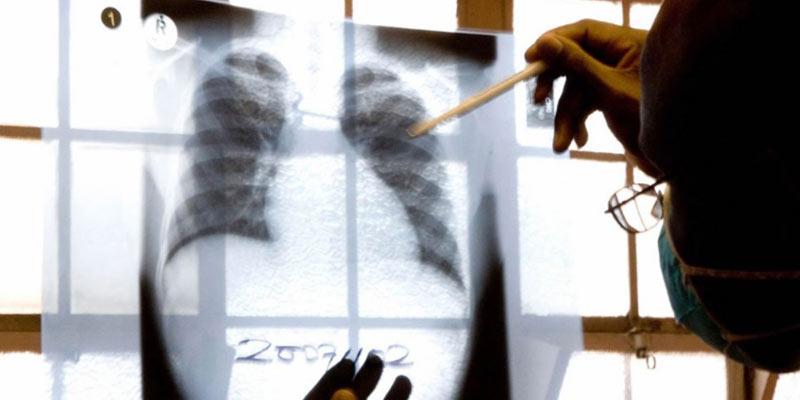- India
- Jan 18
Short Takes / Nod for TrueNat TB test
The World Health Organisation (WHO) has endorsed a technology developed by Indian scientists to detect tuberculosis and multi-drug resistant TB in view of its high diagnostic accuracy, health ministry officials said.
The WHO’s Global TB Programme has included TrueNat TB test - a new molecular test that detects tuberculosis as well as resistance to the drug Rifampicin in about 90 minutes - in its rapid communication document on molecular investigative procedure in laboratory medicine and pharmacology.
What is the TrueNat test?
WHO had earlier endorsed GeneXpert MTB/Rif test, which is a cartridge-based nucleic acid amplification test for TB case detection and rifampicin resistance testing.
Compared to GeneXpert, the TrueNat assay kit is highly cost-effective and can be used in peripheral centres without an air-conditioned laboratory as it runs on battery which can be solar powered.
The kit works in two steps. In the first step, the DNA is extracted from the sputum and the second step involves detection of tuberculosis and multi-drug resistant TB.
How did TrueNat pass the WHO test?
Supported by the department of health research (DHR), ministry of health and DBT, various indigenous technologies developed by Indian scientists and companies for detection of multi-drug resistant (MDR) / extensively drug-resistant (XDR) TB were reviewed, a statement from Indian Council of Medical Research (ICMR) said.
The most promising kits were selected by an expert group and those were subjected to a double-blind validation in comparison to standard tests at four national reference laboratories of the country.
After a stringent review, a series of validation, subsequent feasibility studies and continuous follow-up, the ‘TrueNat MTB & Rif’ assay was found to be on par with the internationally recognised molecular assay GeneXpert in terms of sensitivity and specificity and detection of rifampicin resistance.
This was taken up by National TB Elimination Programme after the ICMR’s recommendation.
As part of WHO’s pre-qualification process, ICMR funded Indian centres of the Foundation for Innovative New Diagnostics (FIND)-coordinated multi-central, prospective field evaluation study in four countries - India, Ethiopia, Peru and Papua-New Guinea.
Based on the interim analysis of data, WHO included TrueNat as test to diagnose TB, replacing sputum smear microscopy, and to sequentially detect rifampicin resistance in view of its high diagnostic accuracy. The study has completed enrolment at all sites and a final analysis would be undertaken soon by FIND, Geneva, the statement said.
According to ICMR director general Dr Balram Bhargava, the endorsement of the technology by WHO would enable low and middle-income countries to procure TrueNat for tuberculosis and Rifampicin resistance, thus supporting elimination of the disease in developing countries.
Background
Tuberculosis (TB) is a communicable disease that is a major cause of ill health, one of the top 10 causes of death worldwide and the leading cause of death from a single infectious agent (ranking above HIV / AIDS).
It is caused by the bacillus Mycobacterium tuberculosis, which is spread when people who are sick with TB expel bacteria into the air; for example, by coughing.
Globally, an estimated 10 million people fell ill with TB in 2018, a number that has been relatively stable in recent years.
Nearly 1.5 million people died from TB in 2018.
Geographically, most TB cases in 2018 were in the WHO regions of Southeast Asia (44 per cent), Africa (24 per cent) and the Western Pacific (18 per cent).
Eight countries accounted for two-thirds of the global total, including India (27 per cent), China (9 per cent) and Indonesia (8 per cent).
Manorama Yearbook app is now available on Google Play Store and iOS App Store

